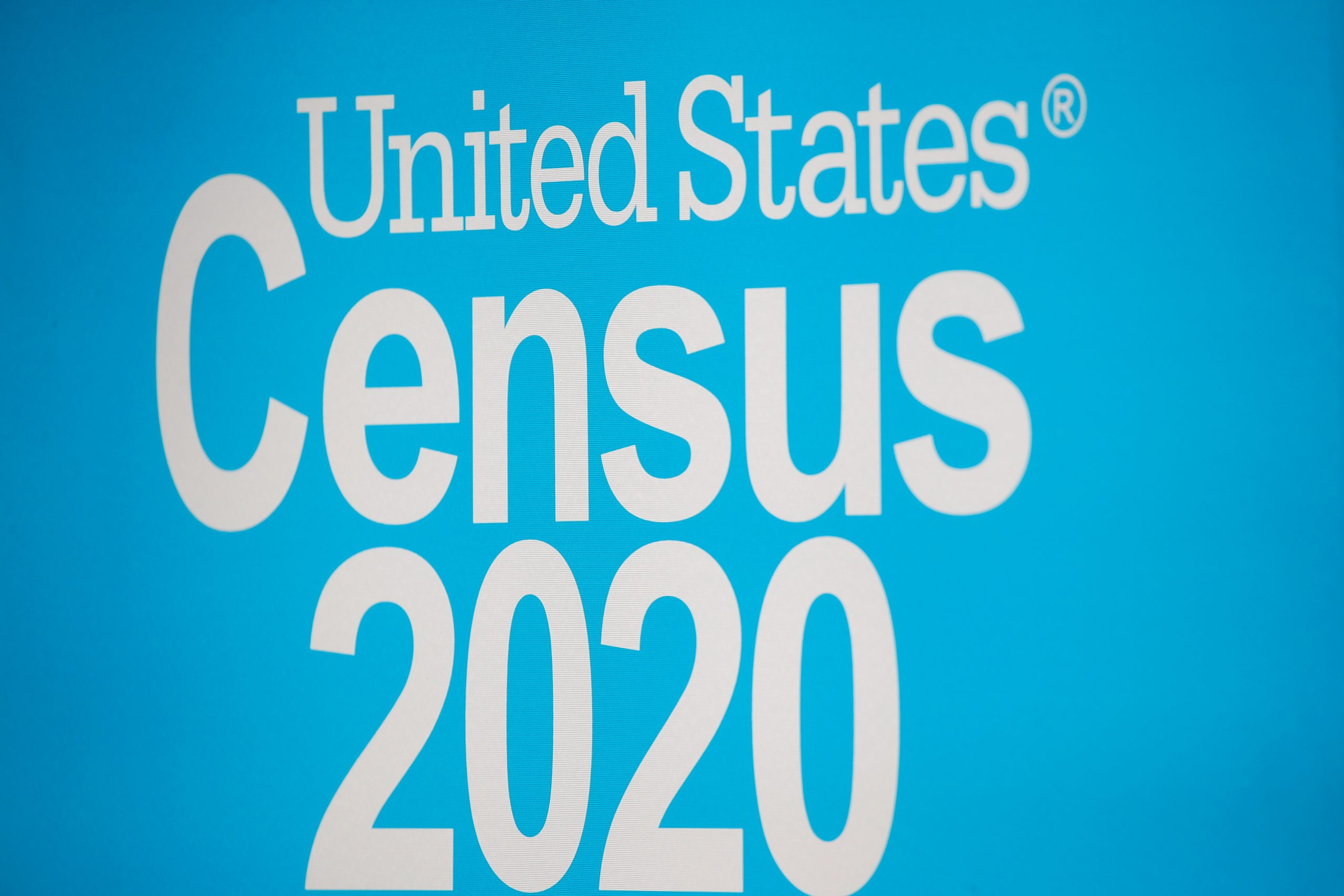Texas will add two congressional seats next year, more than any other state, the U.S. Census Bureau said on Monday, as it released population data that reapportions U.S. House of Representatives members and Electoral College votes among the states.
The release of the data, delayed by several months due to the coronavirus pandemic, sets the stage for a battle that could reshape political power in Washington over the next decade.
Under the U.S. Constitution, the 435 seats in the House and the votes in the Electoral College that select the U.S. president every four years are divided among the 50 states based on population, with every state receiving at least one congressional seat.
The seats are reallocated, and the district boundaries redrawn, every 10 years following the decennial census count in a process known as redistricting.
Overall in the 2010 to 2020 decade, Sun Belt states benefited from population growth and migration at the expense of northern states.
In addition to Texas, five states – Florida, North Carolina, Colorado, Montana and Oregon – will gain one congressional seat each, the census bureau said.
New York, California, Illinois, Michigan, Ohio, Pennsylvania and West Virginia will each lose one seat.
(Reporting by Joseph AxEditing by Bill Berkrot)

























 Continue with Google
Continue with Google